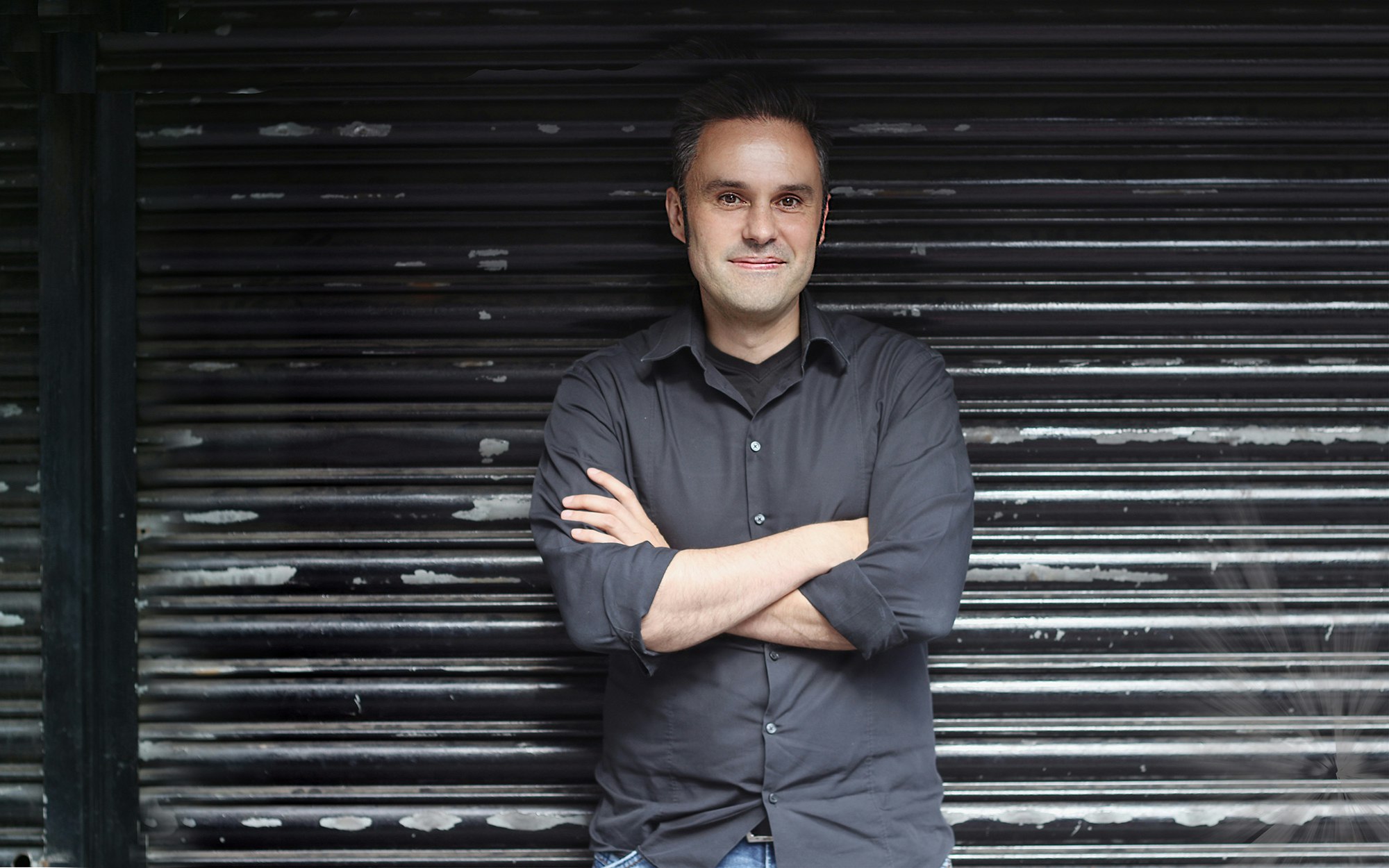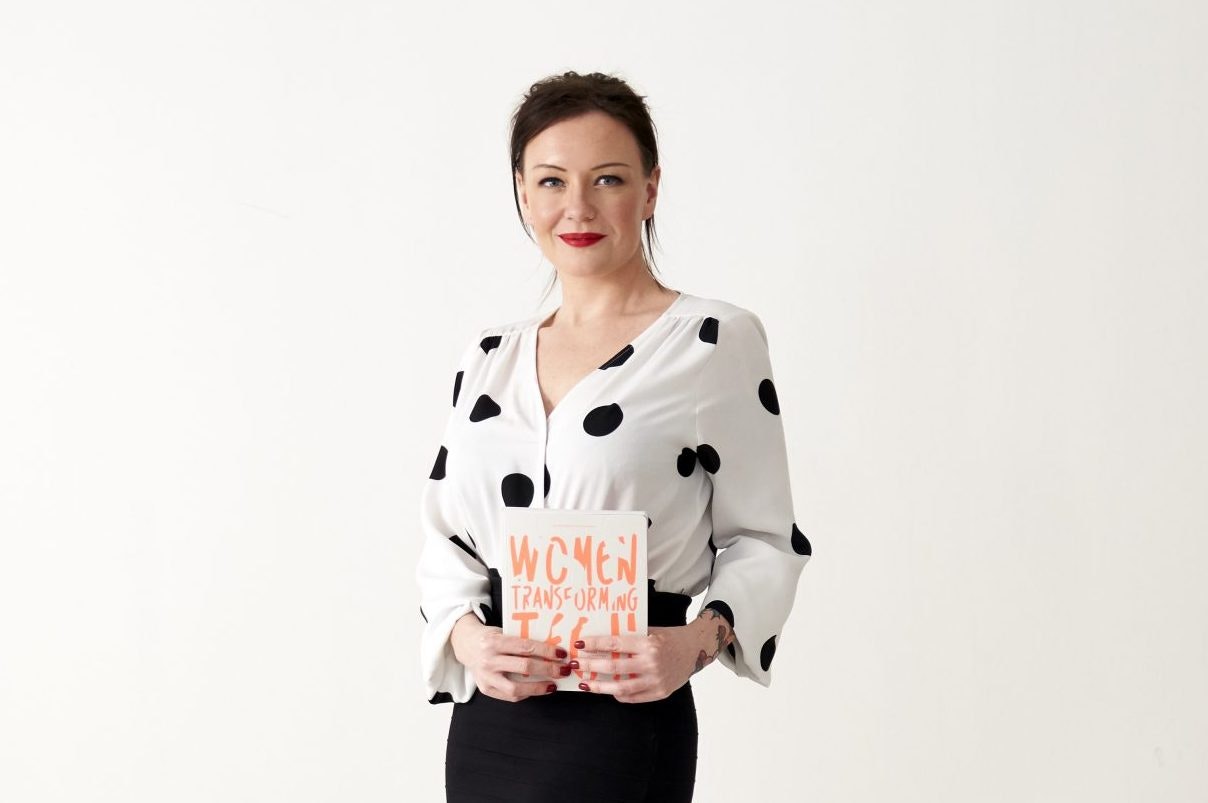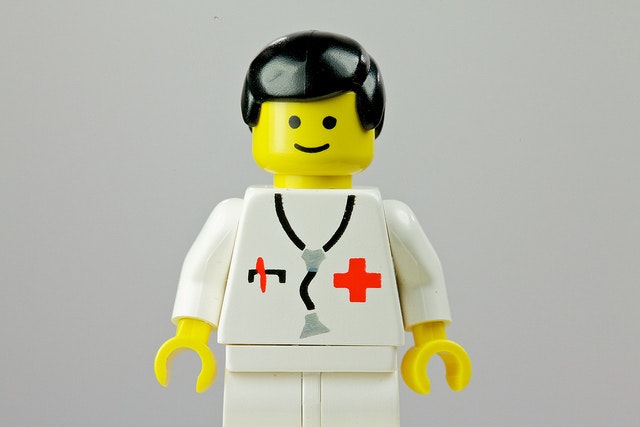On Thursday 30th January at 2:45pm, employees at the Barcelona-based online community management company PlayaMedia received an unexpected message from chief executive Julius Dreyer.
“I decided to extend from two to five nights — meaning I unfortunately have to postpone our meeting tomorrow to next week.”
The delayed return to the office wasn’t due to a missed flight, a family emergency or a sudden illness — Dreyer had unfinished business with Mama Ayahuasca.
For the uninitiated, Ayahuasca is a plant-based brew that has been used in shamanic spiritual ceremonies in the Amazonian cultures for centuries. Its active ingredient, N-Dimethyltryptamine (often referred to as DMT), is widely considered to be the most powerful psychedelic substance known to man. Julius Dreyer also now happens to believe that Ayahuasca could be beneficial to the company culture at PlayaMedia.
When Dreyer sent the message to his colleagues, he was coming to the end of a two-day spiritual Ayahuasca retreat in the Spanish countryside.
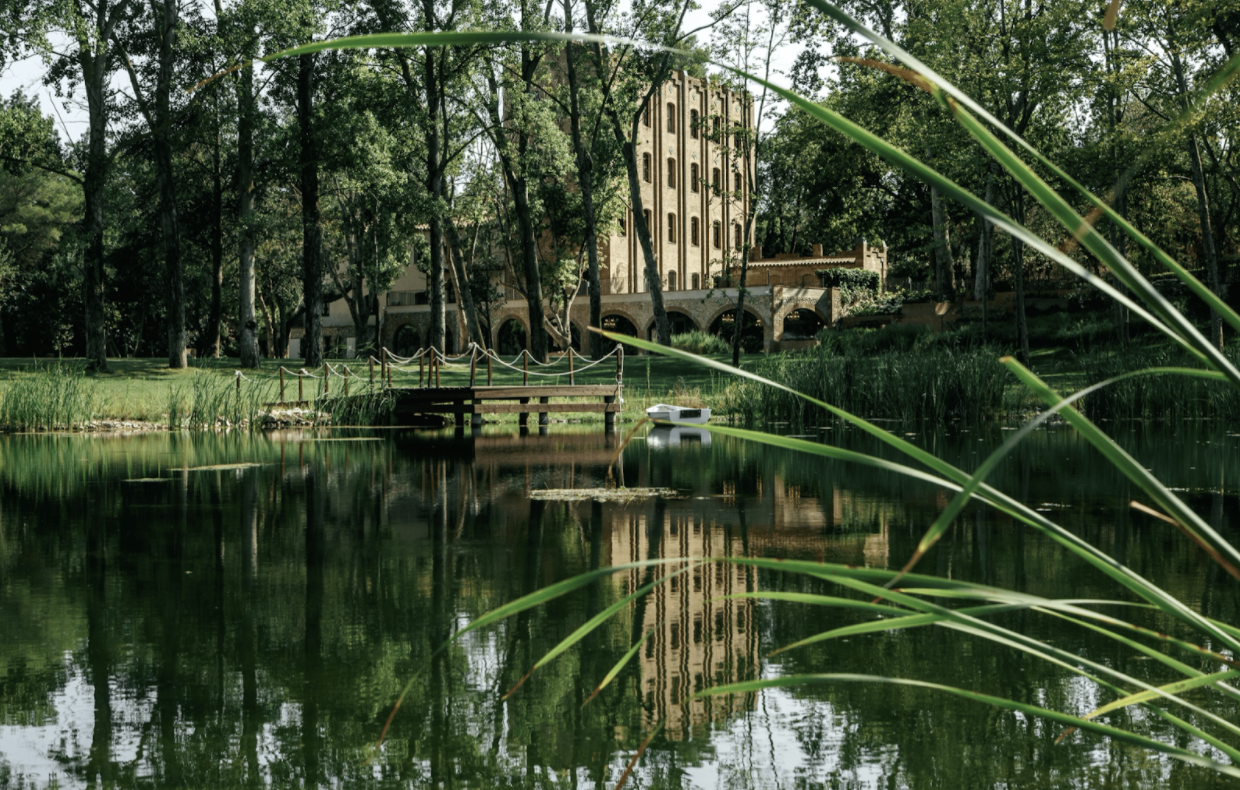
“I realised I wanted to stay longer, and I wrote in the team channel, ‘Hey guys, I'm on this Ayahuasca retreat and it's so deeply healing and so good for me, I decided to extend it,’” Dreyer explains. “Everyone just sent back hearts, love and mushroom emojis. A couple of days later I said, ‘This is really amazing, I want to do this with all of you’.”
When he returned to work, Dreyer began organising an optional company Ayahuasca retreat — currently scheduled for late July.
The professional is personal
A founder leading his employees on a spiritual journey to the bounds of their own consciousness would be enough to give most HR managers a mild aneurysm. For Dreyer, the idea is indicative of a fundamental belief that you cannot, and should not, try to separate work and personal life.
“This whole idea is that you can show up, as much as possible, as your true self, and you don't have to show up as your work self. Everyone feels safe in this environment fairly quickly because there is no pretentious behaviour and things that are frowned on or judged by society are okay."
This is made more natural, says Dreyer, by the kinds of online communities the team is managing.
PlayaMedia manages kaufmich.com, Germany’s leading escort website; poppen.de, a casual dating site; fetish.com, a dating site and online hub for the “pro-kink" community; gays.com, a gay dating platform; and the online wellbeing community happiness.com.

"When you can speak over lunch about masturbation or fetishes or whatever, of course it helps,” says Dreyer, speaking about the open company culture he is trying to foster.
The annual office party for the Festival of Sant Joan is another example of this relaxed attitude, which Dreyer believes leads to a closer-knit team.
“It's completely normal that everyone is down that there will be drugs and that we party together the whole night,” he says. “When people have emotional issues they will be heard and understood and the whole team responds with care and with understanding and I think this develops this.”
The spirit of the startup
Stalwarts at PlayaMedia may not have been as surprised as you might imagine, when they heard of the Ayahuasca retreat plan.
PlayaMedia was founded in 2010 and, from 2011 to 2014, Dreyer organised an optional annual spiritual retreat for the team outside Barcelona. These events didn’t feature any mind-altering substances, but were led by a Buddhist monk who had become Dreyer’s personal and spiritual mentor a few years earlier.
"We learnt to deal with stress and emotions, to listen better, to communicate differently," he says. “Those people who came back from it were so deeply united and so deeply connected and glowing with happiness just after a short weekend, that everyone else in the office felt like, ‘Wow, where did you go and what happened to you?’”
Dreyer’s desire to share his own positive experiences with spirituality resurfaced after taking Ayahuasca for the first time.
“When I first took Ayahuasca I had the same experience as with the monk and with spirituality and I thought, ‘Wow everyone needs to experience this because this is so powerful’,” he explains.
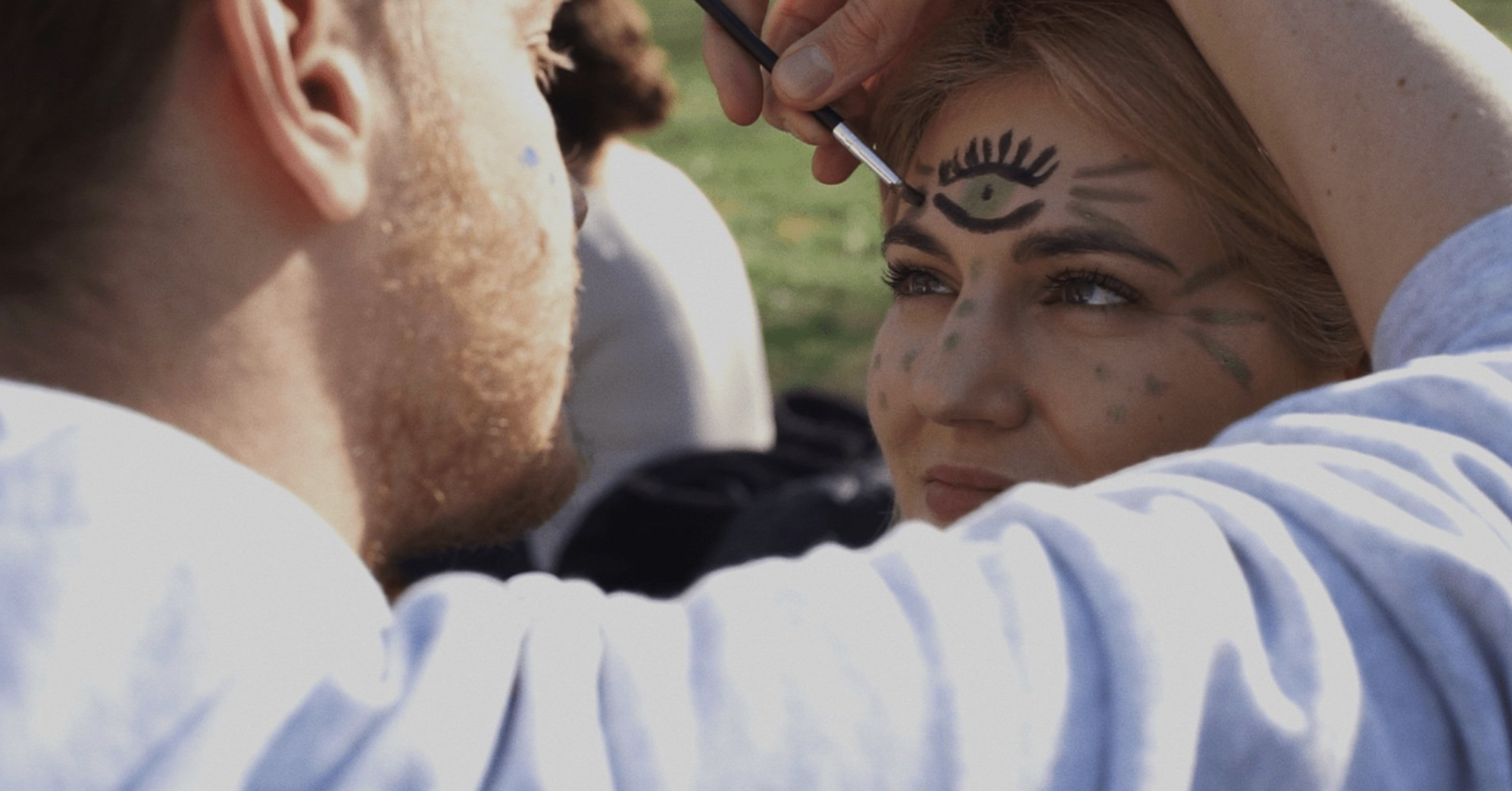
“I really felt this was the mother of all drugs and the mother of all medicine because it really goes in and heals everything. This removes so many emotional obstacles and unlocks so much of my potential, giving so much joy and pleasure. If more people had this experience, the world would truly be a very different place, and so would my workplace!”
Dreyer has personal experience to back up this belief in the healing power of psychedelics, saying that a previous experience with psilocybin mushrooms (the magic variety) helped him address an addiction problem.
“For such a long time I was hooked on cocaine,” he explains. “There was emotional pain or a wound I was pushing aside. It was only when I took mushrooms, that from one day to another, all of this was healed. Within one mushroom trip I had no more desire to touch cocaine. Anyone who's had experience with cocaine knows it's not an easy drug to say no to.”
Duty of care
And Dreyer is not alone in his conviction that psychedelic substances can have therapeutic value. Scientific research into these compounds stalled following their mass criminalisation in the mid-1960s, but scientists and entrepreneurs are beginning to rediscover their potential.
Respected institutions like Imperial College London and John Hopkins University have recently published research into the promising possibilities of psychedelics as treatment for mental health conditions and addiction. Meanwhile, heavyweight investors like Peter Thiel and Christian Angermayer have backed biotech startups focused on the therapeutic potential of psychedelics.
It’s also been reported that “micro-dosing” LSD and psilocybin mushrooms (a technique where only a small amount of the substance is taken, but on a regular basis) is an increasingly popular trend in Silicon Valley.
Despite this, the possible psychological risks of taking psychedelics, like any mind altering substance, are real, and Dreyer is conscious of that.
“In my experience, what can happen afterwards is that a few weeks later, maybe you have a vulnerable moment and then you feel like, 'Oh shit, the world's breaking down on me, I can't trust my mind anymore, my perception is messed up.'"
“It's not an experience you can just expose people to, so I had some internal doubts. Even an invitation to do it is quite a strong thing for such a powerful intervention in your life.”
Dreyer has organised for a shaman to visit the PlayaMedia office before and after the retreat, for preparation and after care. He is also confident that his team will provide mutual support for each other in the aftermath: “There's nothing that could come out of this that would be so bad that a caring and compassionate group couldn't handle.”
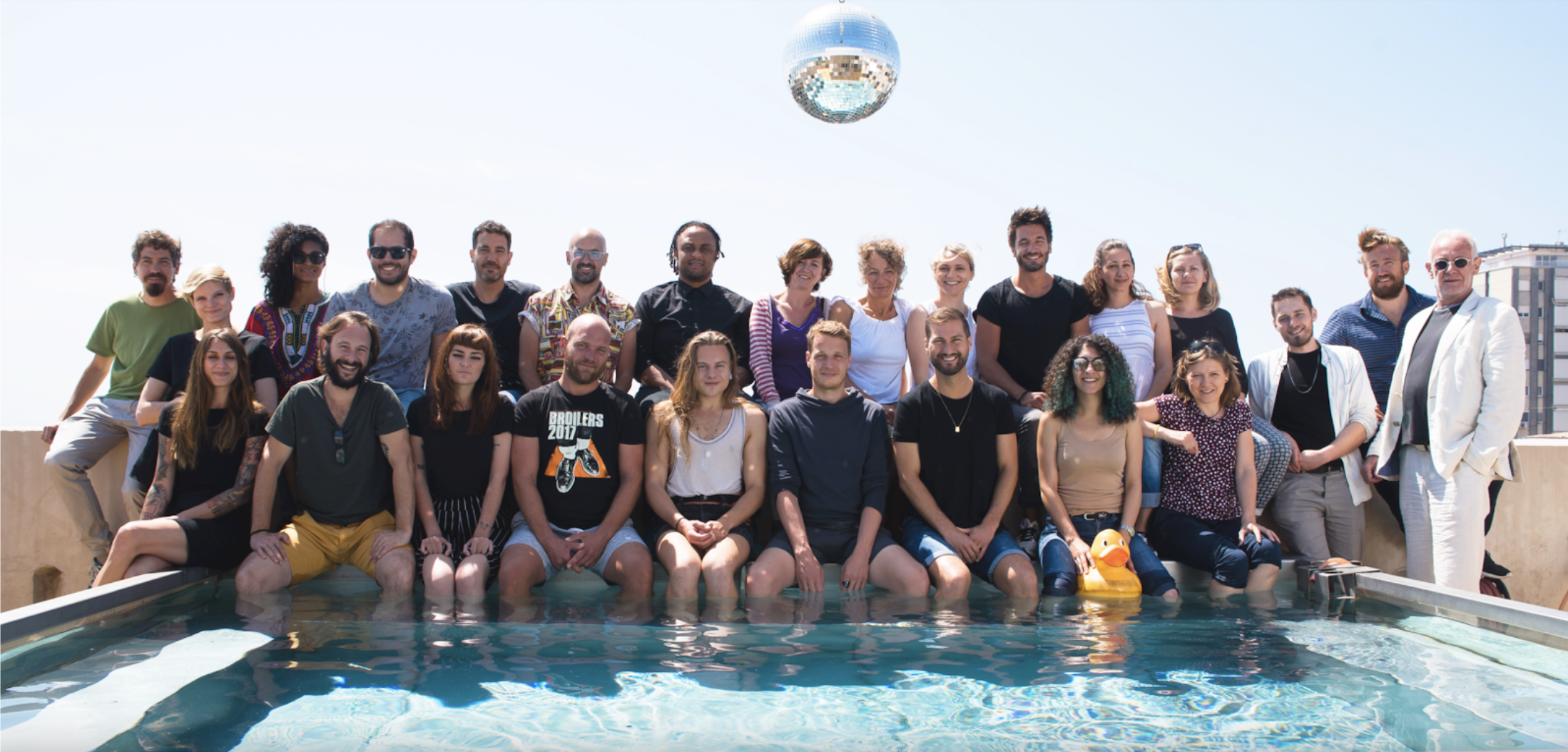
Trust
Dreyer’s faith in his own colleagues to decide whether an Ayahuasca retreat is right for them is, he says, connected to his wider philosophy on “self management.”
Inspired by Frédéric Laloux’s book Reinventing Organizations, Dreyer is striving to create a flat hierarchy where all PlayaMedia employees share responsibility and reward for the company’s success.
“We all should have responsibility,” he asserts. “With adults, I don't need to protect anyone — it's their own choice. Self management is also the journey to independent decision making.”
Dreyer says that his most recent Ayahuasca ceremony made him deeply consider patriarchal systems in society and in his own organisation. Since then, he says he has been taking steps to amplify women’s voices in the workspace, through initiatives such as allowing only women to speak for certain sections of meetings.
“I think it's really important to shift the scale towards women a bit more. I want them to know we have their backs as men,” says Dreyer.
It’s certainly true that there are other, less mind-bending ways to learn about societal gender inequalities than taking the world’s strongest psychedelic substance. But Dreyer is convinced that psychedelic and spiritual experiences have a powerful ability to rewire our approaches to life and work in a positive way.
And, as the scientific and startup world starts paying more attention to these substances, there’s a chance that, in a few years’ time, Dreyer’s company Ayahuasca retreat might not seem like such an out-there idea.
